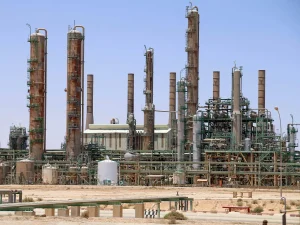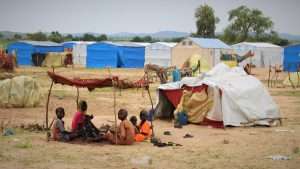Tunisian President rejects financial support announced by EU

Kais Saied has turned down financial aid from the EU as he claimed the amount was too lacklustre as well as going against the EU-Tunisia deal signed earlier this year, according to Middle East Monitor, October 3.
The EU commission announced last month that it would hand the North African country 127 million Euros in aid to help tackle the issue of migration from Africa to Europe.
The rejection of the funds by Tunisian President, Kais Saied could damage the Tunisia’s partnership with the bloc as a deal, signed in July, promised the country a further 1 billion Euros to be spent on establishing stronger border controls and cracking down on people smuggling operations.
READ: EU commits $135 million to Tunisia in effort to address migration crisis
The EU also gave hundreds of millions of Euros to Tunisia to support its weak economy.
The country is facing a financial crisis as shortages of basic food items and wheat, due to droughts, have put the President under severe pressure, having to rely on international aid which has worsened the economy.
The controversial EU-Tunisia deal was criticised by MEPs during a session in the European Parliament last month. In mid-September, MEP Jeroen Lenaers said that “two months after the signing ceremony, we don’t see much implementation,”.
Since the signing of the deal, migration from North Africa has risen as one member pointed out.
The Greens group representative, Tineke Strik said the deal has, “only led to more repression, more deaths, and even more migration”.
READ: EU deal in Tunisia turns up the heat on African migrants
A record number of Tunisian migrants have arrived to the Italian Island of Lampedusa. Italy’s hard-right Prime Minister, Giorgia Meloni claimed that her and her government haven’t done enough to lessen migration numbers one year into her tenure.
A report carried out by the EU’s Executive Commission found that as of July 2023, over 30,000 people who departed from Tunisia have reached European shores.
Middle East Monitor/Reuters
Want to chase the pulse of North Africa?
Subscribe to receive our FREE weekly PDF magazine












